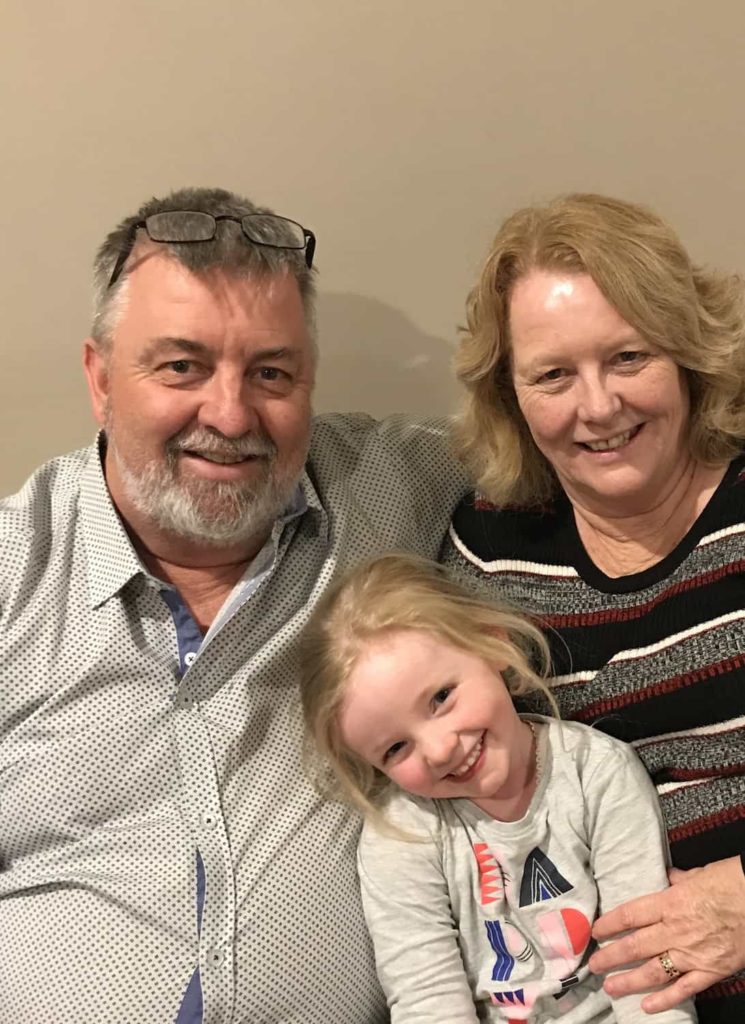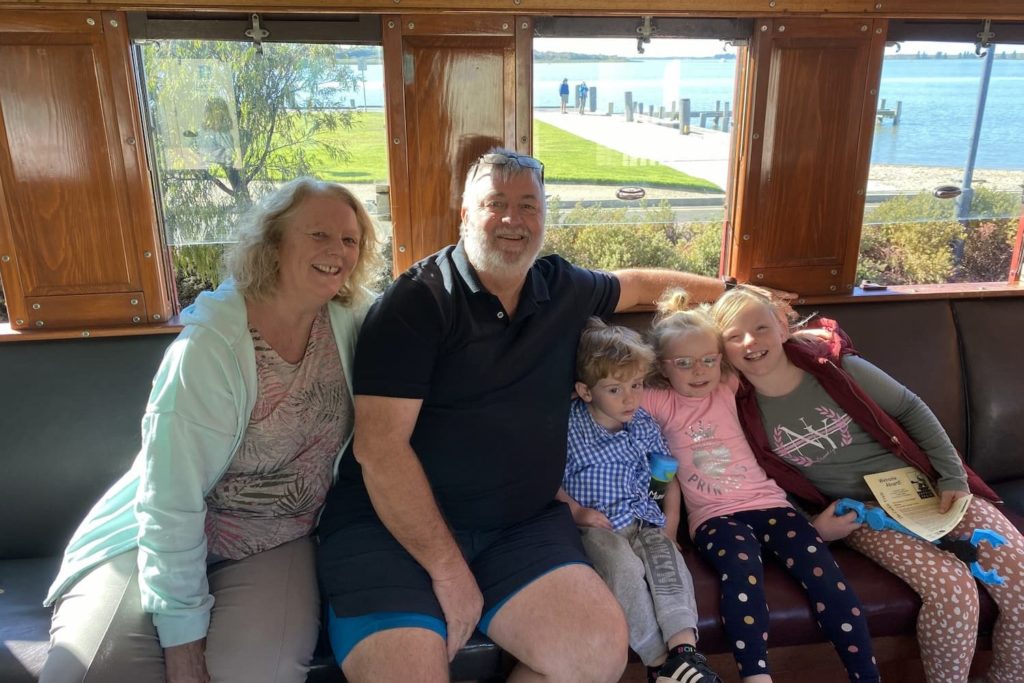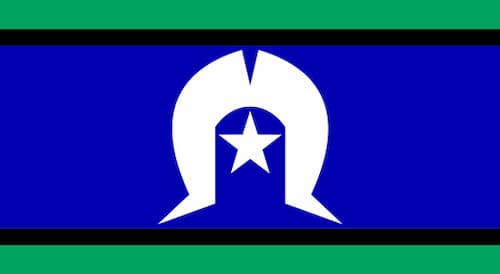Earlier this year, many of you would know, that Michael, DeJong, one of AHC directors, had a stroke…
“It was not really a normal day”, Michael states, “I dropped Julie off at Ashford hospital for a day procedure, and I woke up feeling unwell. I told myself I would head back to bed once I drop her off and sleep it off”.
“When she called a few hours later to be picked up, I knew something was wrong. At that stage, I wasn’t sure, but I thought it could be having a stroke. Since nobody was home, and I couldn’t talk nor could I use my mobile, I made the decision to drive to the hospital to get help.
“In hindsight,” Michael says ”It probably wasn’t the best decision, as I could have had an accident, however, I was thankful I made it to the hospital”.
Once at the hospital the nursing staff recognised the signs straight away and called an ambulance. They also administered some medication, and Michael was rush to the Royal Adelaide Hospital.
“After I was admitted to hospital, it was confirmed that I had, indeed, had a stroke. At that stage, the hospital staff wanted to urgently identify the time that the stroke had started happening, because this, as I was later to learn, is a critical factor in what treatment you receive and how effective it will be.” Michael shares.
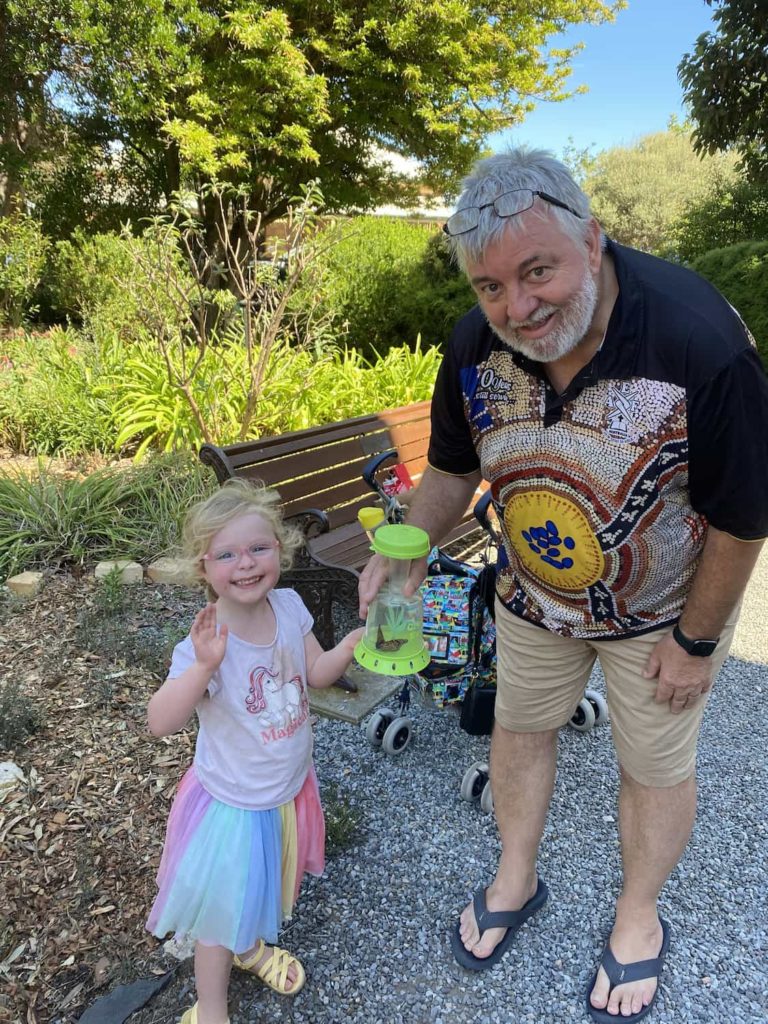
“As his wife, I felt helpless, scared and confused “, Julie said, “I guess I was in shock, I didn’t really know what was happening, and what to expect. The hospital staff were very supportive, and they had a dedicated stroke nurse who kept me informed on what the doctors were saying. It was a confusing time, because Michael couldn’t identify what a simple object was, for example, when the doctor pointed to his watch, and asked Michael what it was, he said it was a cup.” I thought he was being silly, I didn’t really know what to think, it was very confronting and scary”.
Michael spent the next 2 weeks in the royal Adelaide hospital and was then transferred to FMC for 2 more weeks. During his hospital stays he had lots of care, and rehabilitation and rest.
“You don’t realise how tired a stroke victim gets “ Julie said, “they have had an injury to their brain, the doctors describe it as having a bruise on their brain that needs rest and time to recover”.
The first 6 months is when the most healing happens, however it can take 2 years to fully recover from a stroke, or at least to get to a new normal.
Michael is home now and has resumed a slower lifestyle to the one prior to the stroke. Before the stroke, Michael was very busy, besides working fulltime at Assured Home Care, he was also heavily involved in his church community, his grandson’s basketball team, as well as doing charitable work in the community such as bread deliveries to those in need and serving in the aboriginal and youth ministry in Ceduna.
“As much as he would love to resume these activities again, he simply hasn’t got the capacity to do even half of what he used to”, Julie said. “He needs to ensure rest is a major part of his daily routine, otherwise he struggles with major fatigue which can affect his mood and cause irritation. It’s certainly an adjustment for us both, and we are learning and adapting to this new pace.”
Michael would like to bring awareness to all our support workers about the signs and symptoms of a stroke, but also the lifestyle factors that can lead to it. Please check out the stroke Australia website for more information.
